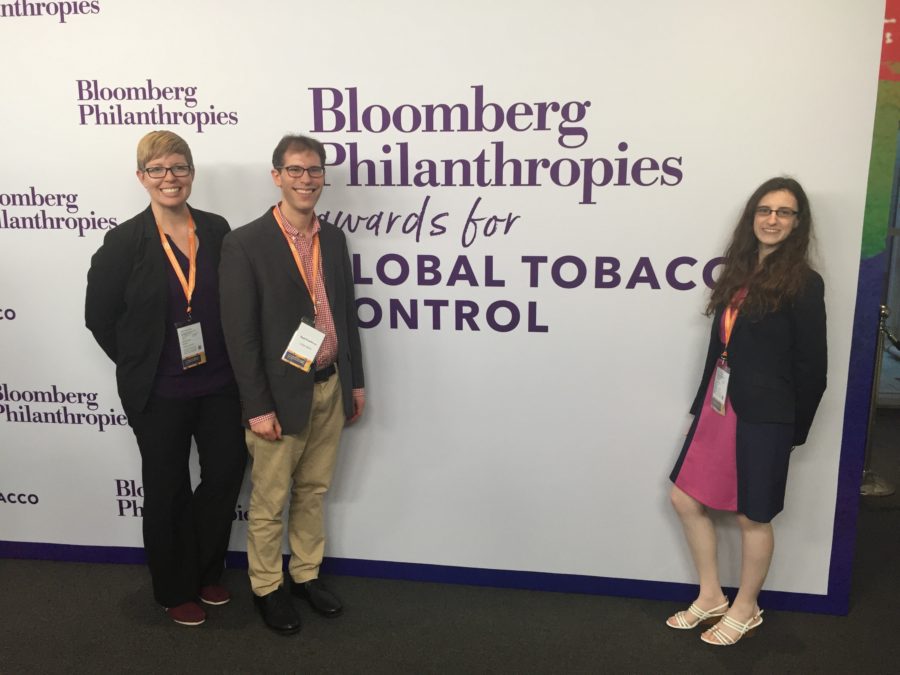World No Tobacco Day
Every year on May 31st, The World Health Organization (WHO) and partners mark World No Tobacco Day (WNTD). World No Tobacco Day (WNTD) highlights the health and other risks associated with tobacco use and advocate for effective policies to reduce tobacco consumption. WNTD focuses on the impact tobacco use has on the cardiovascular health and how tobacco use is an important risk factor for the development of coronary heart disease, stroke, and peripheral vascular disease.
Although Tobacco is considered a legal drug, the effects and complications related to tobacco use kill many of its users when used as intended by manufacturers. WHO has estimated that the use of tobacco is responsible for the death of about six million people across the world yearly. WHO’s new Global Report on Trends in Prevalence of Tobacco Smoking 2000-2025 report shows that 27% of people worldwide smoked in 2000, compared to 20% in 2016.
For tobacco users that are interested in quitting and living a healthier lifestyle, there are many resources available to help develop a solid “quit plan” that provides ways to stay focused, confident, and motivated throughout the journey. Smokefree.gov has 5 steps that can help smokers handle quit day, which is a smoker’s first day without cigarettes.
1. Make a Quit Plan
Having a quit plan can make quitting much easier. You can build your plan or find a program that works for you. Visit Create My Quit Plan for assistance.
2. Stay Busy
Staying busy is a great way to stay smoke-free. Being busy will help keep your mind off smoking and distract you from cravings. Here is a list of activity ideas that could help distract you:
- Exercise
- Chew gum or hard candy
- Drink lots of water
- Go to a movie
- Spend time with non-smoking friends and family
- Go to dinner with non-smoking friends and family
3. Avoid Smoking Triggers
Triggers are people, places, things, and situations that set off your urge to smoke. Here are some ways to avoid common smoking triggers:
- Throw away your cigarettes, lighters, and ashtrays
- Avoid caffeine and replace with water instead
- Change your routine to avoid the things you might associate with smoking
4. Stay Positive
Try not to put too much pressure on yourself about quitting. Take things one day at a time and reward yourself for small milestones.
5. Ask for Help
You don’t have to do this alone. Ask for support from your family, friends, or a professional. They can help you get through the rough spots.




